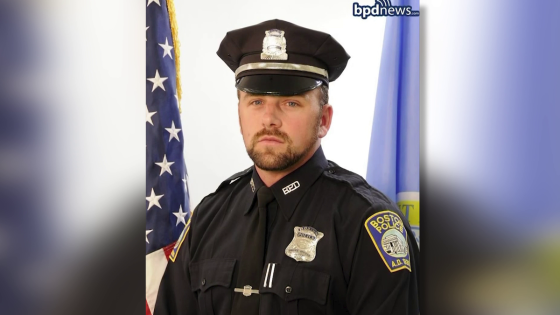The recent trial verdict regarding the death of Boston police officer John O’Keefe has left many in the community searching for answers. On June 19, 2025, a jury acquitted Karen Read, a key figure in the case, leading to widespread disappointment among O’Keefe’s family and friends. They express their sorrow over what they describe as a tragic miscarriage of justice.
- John O'Keefe's family disappointed with verdict.
- Friends describe his death as a tragedy.
- Respect for jury's decision expressed by friends.
- Witnesses claim prosecution was flawed.
- Civil lawsuit filed against Karen Read.
- O'Keefe was a veteran police officer.
O’Keefe’s family has remained silent since the verdict, but friends have voiced their frustrations. John Jackson, a college friend, stated, “It’s just unfortunate. If she decided to make better decisions between 12:30 and 6 a.m., he’d still be here.” This sentiment reflects a broader concern about accountability in cases involving law enforcement officials.
This verdict has sparked a conversation about the complexities of legal proceedings in high-profile cases. How can justice be served when the truth is clouded by conflicting narratives? The following points highlight key concerns:
- The role of public perception in influencing jury decisions.
- The impact of media narratives on the prosecution’s effectiveness.
- The ongoing civil lawsuit filed by O’Keefe’s family against Read and local bars.
As the community continues to mourn, it is crucial to advocate for transparency and accountability in the justice system. Will this case inspire changes that ensure justice is served more effectively in the future?

































